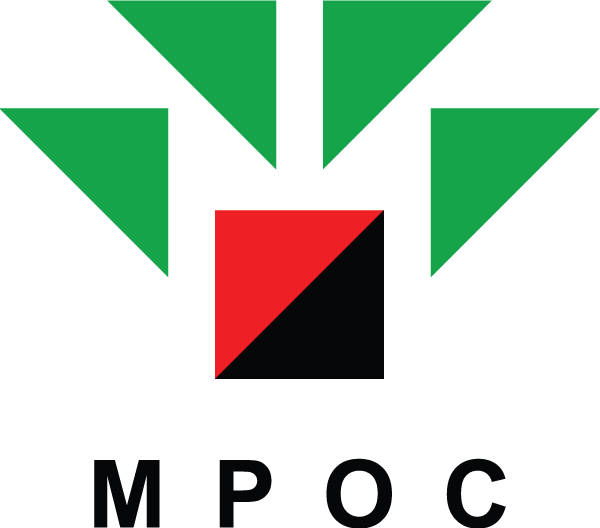


Vijay Sardana is well known and experience corporate manager, speaker, writer, author, blogger, corporate trainer and business advisor on subjects related to consumer-agri-food products and rural and bio-economy. He is currently involved in various capacities with various leading organizations including Vice President & Head, Food Security Initiatives & Agribusinesses (Policies and program), UPL Group, Mumbai; Independent Director appointed by Government of India on Kotak Bank Anchored ACE Commodity & Derivative Exchange, Mumbai Director, ARPL Agribusiness Services, New Delhi; Member, Advisory Committee, Forward Market Commission, Government of India;; Director, Strategy management Group, Rasna International etc.
Vijay Sardana is alumni of well-known leading institutes like IIM, Ahmedabad, CFTRI, Mysore Collage of Dairy Science and Indian Law Institute, New Delhi and also acquired professional qualification from WIPO, Geneva and Harvard University, USA with wide global experience of more than 20 years in various leadership positions. He has committed himself for the development of globally competitive, efficient and fair agribusinesses and commodity markets with the deep and insightful knowledge, experience, insight and understanding of complex interrelation between social, economic, technical, legal and political aspects of global bio-economy. He is also in the Management Committee Member of Solvent Extractors Association of India, Life Member of Indian Dairy Association, AFST(I), All India management Association, Crop Care Association of India and Consulting editor and Member of Editorial Board of many magazines on agriculture, agribusiness and food processing, besides members of other important associations and professional bodies.
Vijay Sardana has travelled more than 22 countries and worked on wide range of issues affecting agro-commodities and agribusinesses from almost all agro-climatic situations on various aspects with wide range of business houses, international development organizations and policy making bodies around the world. Mr. Sardana has contributed through his projects, trainings, writings, researches, critical analysis for various stakeholders and during interactions with various committees of policy making bodies, institutions and publications and invited to many national and international forums like WEF, Grow Africa, WBCSD, IGD, etc. His blog, “Vijay Sardana Online”, is read in more than 150 countries and he has contributed more than 500 articles related to agriculture, agribusinesses and related issues. He had authored popular book titled “Guide for HACCP Implementation in Food Industries”. His understanding of complex dynamics of commodity markets and agribusinesses is a great asset for business leaders, equity investors, professionals, executives, farmers and policy makers. He is among the few whose in-depth knowledge and hand-on professional work and views are well recognized in commodity trade and agro-based industries.
Governments need to be able to anticipate rising demand for sustainable products and services. Governments can play a key role in aiding the transi¬tion toward more efficient, less damaging economies. Those governments that can lead to this role would be able to set the agenda for their economies, industries, and citizens.
As we all know that the government has four distinct roles in addressing sustainability concerns. These roles are Policy development, Regulation, Facilitation, Internal sustainability management
Due to various reasons, increasingly, governments are called to form partnerships with various stakeholders for effective results, ranging from the ones with other levels of government to ones with civil society organizations, NGOs and the private sector. In terms of advancing sustainability, the govern¬ment can also play a significant role.
The term NGO describes a range of groups and organizations from watchdog activist groups and aid agencies to devel¬opment and policy organizations.
Usually, NGOs are defined as organiza¬tions that pursue a public interest agenda, rather than commercial interests. NGOs are a complex mixture comprised of alliances and rivalries; businesses and charities; conservatives and radicals. The funding comes from various sources, and through NGOs are usually non-profit organizations, there are some that operate for profit. NGOs originate from all over the world and have access to different levels of resources. “Conflict of Interest: and “credibility issues” are also becoming a serious concern with NGOs and their activities.
The real story is how these organizations have networked and impacted world politics. Global politics have gone through a drastic shift resulting from the growth of nongovernmental agencies. NGOs or CSOs have moved from being in the background to have a presence in the midst of world politics and, as a result, are exerting their influence and power in policy-making at a global scale.
There are various strate¬gies that have been employed. For example, some NGOs organize large-scale protests, capture international headlines, and gain notoriety. There are other NGOs that have organized meetings to challenge the legitimacy of various global bodies.
In response, these efforts forced the governments to figure out ways to involve NGOs in their decision making. Now that their place in world politics is firmly established, the majority of NGOs have moved from street protests to a policy-making a role in the boardrooms and in government bodies.
The author will share what is the implications for the stakeholders of palm oil trade in coming days and what is the way forward.




